Last Quarter: Whither February?
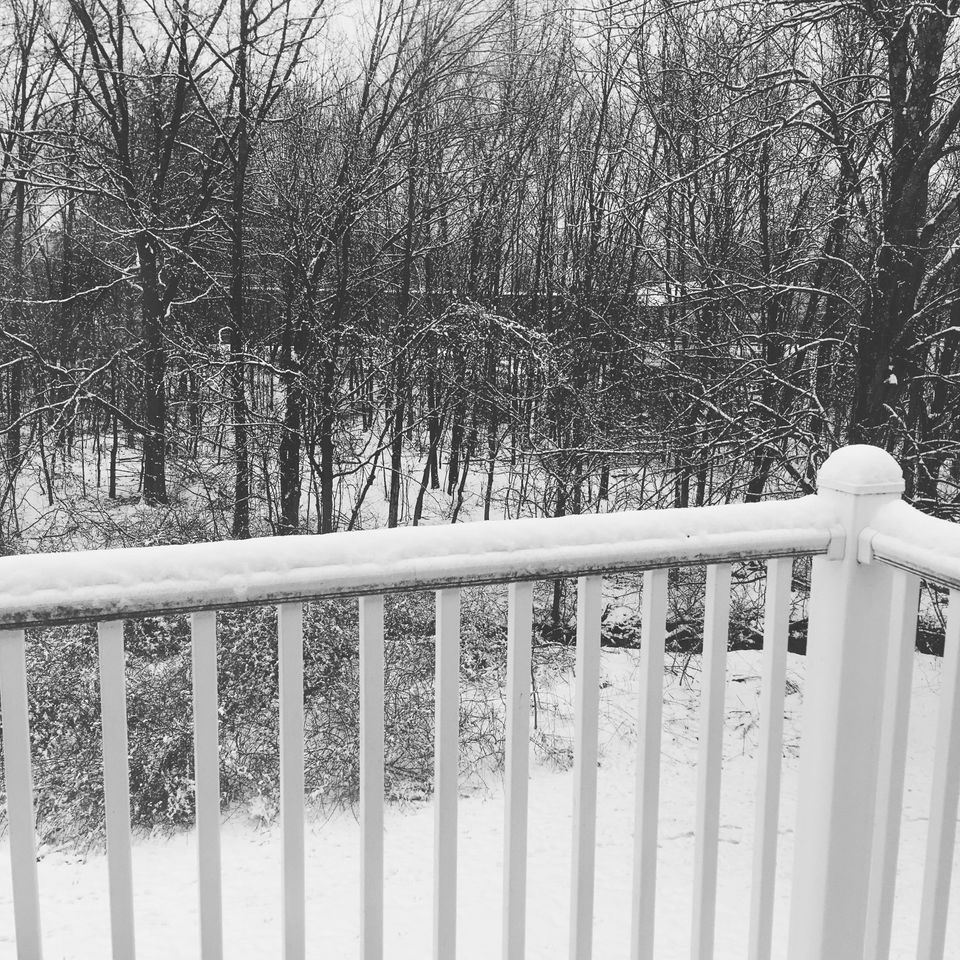
Good morning or good afternoon. I think that covers the time zones for where all of you currently reading are. And somehow it is Friday, but it's hard for me to remember because I happened to do another typically Friday-scheduled activity yesterday. I feel thrown off about the day.
And I feel thrown off about the season. In an earlier paylocked post I talked a fair bit about how I tend to face February as an inhospitably stormy month, the worst part of winter. Today I'm turning to consider more fully how at this point, the eco crisis is giving me nearly daily reminders of something being wrong with the times of year that are already unpleasant. Summer weather is starting earlier and ending later, and the number of hot days here are miserable, and the number of record-high days are terrifying; but on the flip side of the coin is winter.
As with all Last Quarter posts, this may be difficult reading. I am holding space for anticipatory climate grief. But for what it's worth, this is a much shorter post than anything I've written here before; I'm very busy today, and also I've almost written enough introductory material that I'm feeling more able to deliver certain thoughts in a more compact format.
Fire & ice
This February has been unsettling and perturbing to me. Although my region had one 24-hour polar vortex intrusion a couple weeks back, nearly all our cold, true winter temperatures and significant snowfall feel like they already happened in January. I've felt keenly aware of what a warm month it's been, relatively speaking. By this time of the season I don't expect the temperature to always be below freezing, but it certainly should be at nighttime — but not only have we had more than half our February days so far achieve a high somewhere in the 40s Fahrenheit (4.4-10ºC), we've also had stretches where the temperature stays that high overnight. We've even had days in the 50s (10-15.5ºC) like yesterday and today. I'm already no stranger to even more unsettling mercury spikes such as the various Christmas Days I've had in the past severals that also hit 60ºF, or hitting the same this past New Year's, but at least those have usually been rather isolated, cushioned by days that feel appropriately wintry. We also haven't had any blizzards or smaller storms this month. This is the first February in my lifetime where it feels suspiciously like March or even April, with the threat of snow hypothetically present but the natural world generally moving on to springtime activities.
But that's just this February. I've been warned by scientists and other experts that although I have this one prospect for future Februaries — that is, winter finishing early and the month turning warmer and drier than in the past — there is also the prospect of Februaries, and winters in general, where snow and wind are exceptionally brutal and frequent, and where the northern polar vortex is destabilized just enough to bleed down this far on a more regular basis. These are the Februaries I feel like I've already been encountering more often. I live somewhere that in mid-January through February of 2015 experienced so many winter storms we were basically living through one every weekend and had enough snow piled up that some of it didn't finish melting until summer. That might already be normal for some parts of the globe, but not for me, where the number of blizzards and/or nor'easters I feel equipped to face is maybe half a dozen through the whole of winter, not half a dozen in a six week period. As I live in a house that already isn't the best prepared for what I consider a normal winter weather pattern, and as my owner and I don't just have money floating around to put toward various improvements or buying a generator, I dread to think of what havoc we might experience if these circumstances don't change by the time another 2015-style winter arrives.
If I ask myself whether I'd prefer a spring-like February and the implication of a shorter and warmer winter, versus an exceptionally harsh and particularly wintry winter, it's hard not to think of Robert Frost's classic poem:
Some say the world will end in fire,
Some say in ice.
From what I’ve tasted of desire
I hold with those who favor fire.
But if it had to perish twice,
I think I know enough of hate
To say that for destruction ice
Is also great
And would suffice.
I don't have the luxury of choosing ice or fire, but if somehow I could, there isn't an option that's more noble or ethical or practical. Species will continue going extinct in either scenario, people will die in either scenario. Choosing fire, I would appreciate a longer growing season as a gardener, but my gain of an earlier spring begs the question of whether that gain will be lost by parching, ovenlike temperatures killing everything I've grown in summer.
An unbalanced Wheel
In the end I must admit leaning toward choosing ice — craving a February that is colder and stormier despite the risks to myself and my loved ones and my home, at least if the only other choice is what I'm experiencing this February instead. My reasons derive less from the pure selfish fact that I can endure colder temperatures better than warm ones (a too-warm February like this is still objectively very comfortable for my tolerance), and more from the sheer dissonance of my very sense of the seasons getting thrown off-kilter. Maybe not everyone would make my choice, but I would accept extreme winters if I at least get to actually have them, compared to my disorientation from simple yet deeply, spiritually uncanny things like the sun's angle failing to match how many layers I'm wearing or the size of raindrops. If I'd always lived somewhere that experienced truly mild to nonexistent winters, I'm sure I wouldn't care. But while I'm not indigenous, every part of my person has still been sculpted and molded by living where I've lived, always largely at the same temperate zone latitude, plus or minus a few degrees.
This feeds into my efforts to write Salt for the Eclipse, to spend more time in certain wings of my ritualist and/or kinky social spheres. Despite being a mostly solitary practitioner apart from my owner's involvement, for a few years I've been trying to connect more with fellow witches, ritualists, animists, pagans, magicians, and occultists in order to pose the question: for anyone who follows the Wheel of the Year or some equivalent, what are your coping mechanisms for effectively mourning and tending to the Wheel such as you can? for remembering that the Wheel is always turning so long as the Earth orbits the sun and stays spinning on its axis?
Of course, the Wheel is a rather temperate- or polar-biased construct, not just in its formally conceptualized origins but in what it attempts to symbolize. I sometimes find a horribly bleak irony in global heating striking tropical latitudes the hardest, making them potentially unsuitable for human life within the next century. It's the indigenous animist practices of those regions that arguably have a better developed sense of how to build a cosmology and community focused less on matters of sunlight levels and temperature shifts (as at tropical latitudes these are relatively consistent year-round), and focused more on matters of rain vs. drought. These peoples are going to be displaced the most in the times to come, and they will suffer — and are already suffering — the most often as stateless refugees.
I feel certain that in figuring out how to cope with an unbalanced Wheel, the Wheel's observers need to simultaneously look inward and also look outward to the wisdom of people who have not necessarily relied on the Wheel, or whose equivalent of the Wheel looks extremely different from a model developed in the Global North. Likewise, I'm trying to temper some of my grief about my local climate with some humility: at least I have the privilege of living in a region where, going by all the data, I'm unlikely to become a climate refugee myself. My problems are real problems, but I shouldn't get so wrapped up in them that I fail to extend a hand where possible to climate refugees in my own locality.
Whither/wither, February
My closing thoughts are only loosely shaped but come down to the fact that even without storms or unpredictable temperature swings, February seems destined to stay a strange, peculiar month in my own experience.
It might be that way for other people who rely on a Roman calendar model, too. This is the month with the silliest dating system, shorter than all the other months and complicated periodically by a leap day. For this we can blame not only Pope Gregory XIII but also the preceding Julian system and its earliest Roman roots; the original Roman calendar started its new year in March, and although February was a ritually important, purgative month, the number of days it had was a constantly shifting mess compared to the rest of the Roman year. Changing the new year to January 1st didn't seem to alter February's status as the redheaded stepchild of months. Whatever you think about astrology, it seems only fitting that most of February belongs in the tropical zodiac to Aquarius, which is ruled by Uranus[1], the most eccentric planet in its rotational pattern and personality associations.
This is a hard month to love. I hope only that I can learn how to love it and live with it even if it grows stranger than it already was. Even if my former sense of February must eventually wither away.
[1] This footnote is not to make an immature joke so much as to assure that yes, I'm aware that because Uranus wasn't a known planet when tropical astrology was first established, Aquarius was considered until well after Uranus' discovery to be ruled by Saturn — thus paired with Capricorn, which I've always found very odd as no other planets with dual-sign coverage have had their signs positioned right next to each other. And no classic Aquarius-type person I've known gets along very well with a classic Capricorn-type person unless they're born on the cusp between. I can't wait to write in depth eventually about how stupid and magnificent and fake and real the magic of the stars is.
That's it — at less than 2,000 words this is truly short, as I promised. Next week's post is locked to paid readers again; it's going to link together such topics as Dionysus, Catholicism, and Twin Peaks, so if you like reading about any of those things but are still a free reader, now may be the best time to help me get a little closer to my goal of breaking even on this newsletter. (Currently I need 8 more readers for that, or just 2 if I got any signups at the $5/month tier.) But if that's not for you, the weeks afterward are going to get into material I'm equally excited about, namely my full opinion on the homesteading fad and then some tackling of ancestral connection as a lens for gender euphoria. Thank you again for reading.
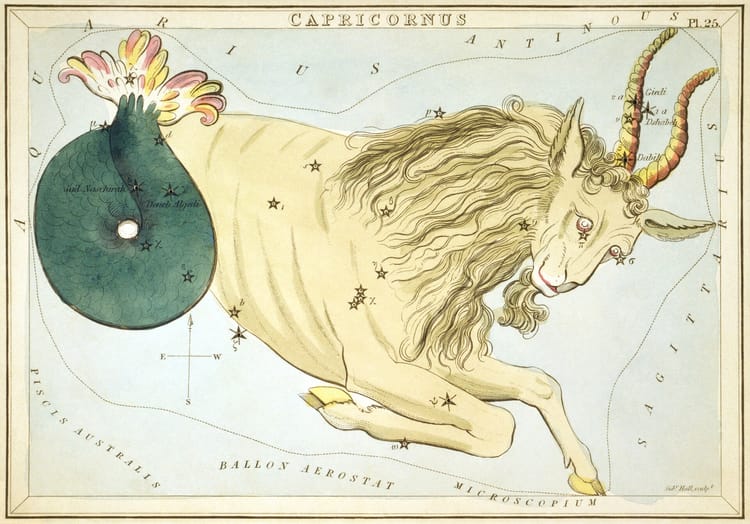
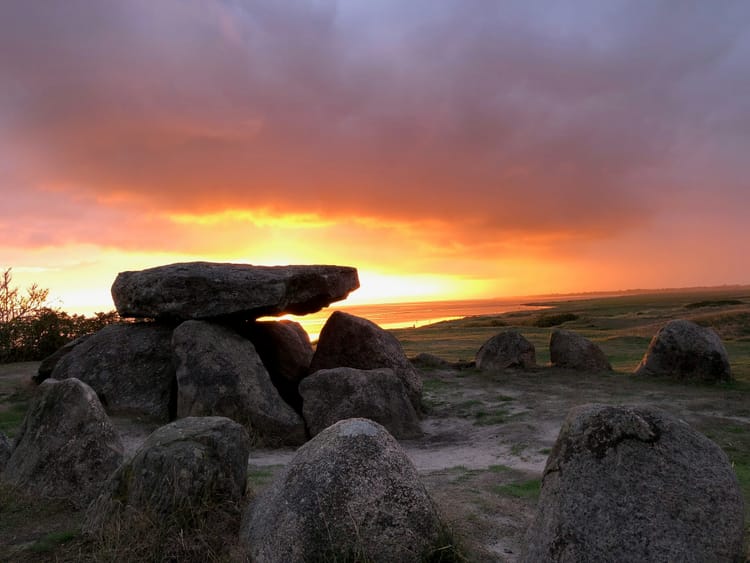
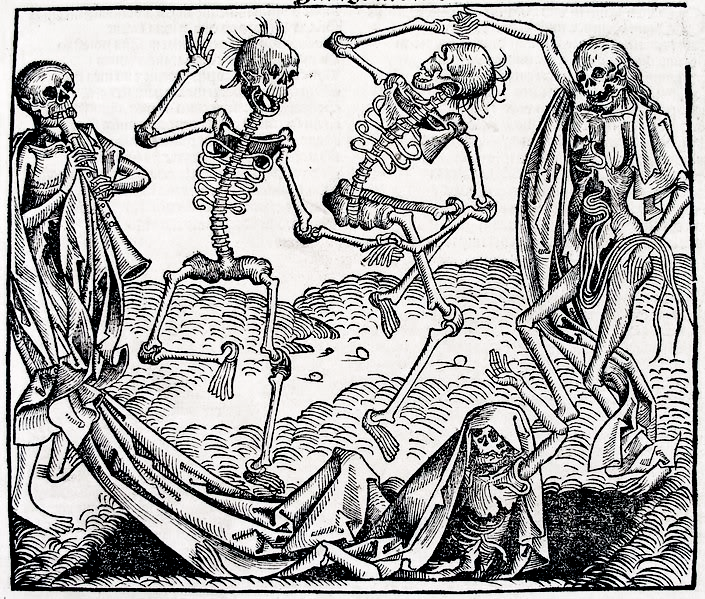
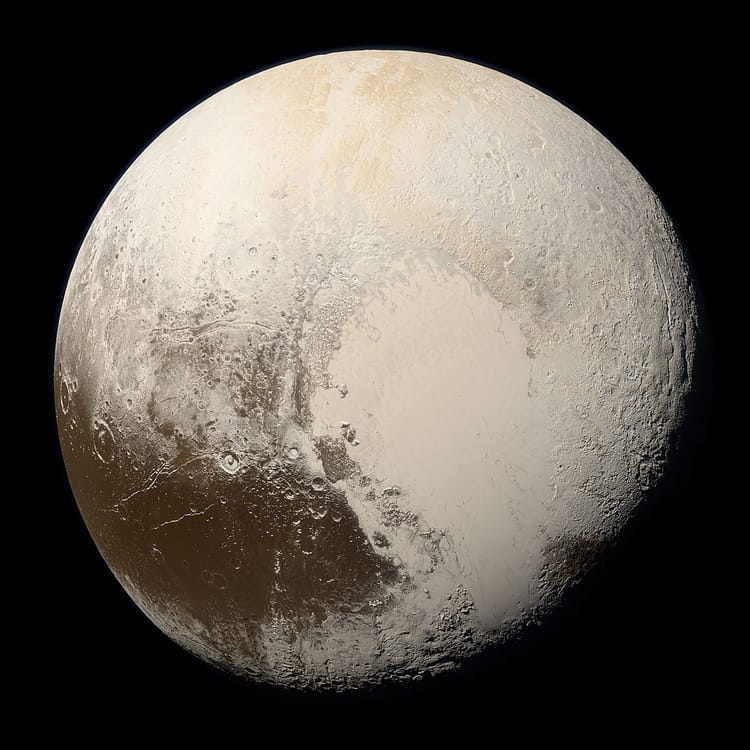
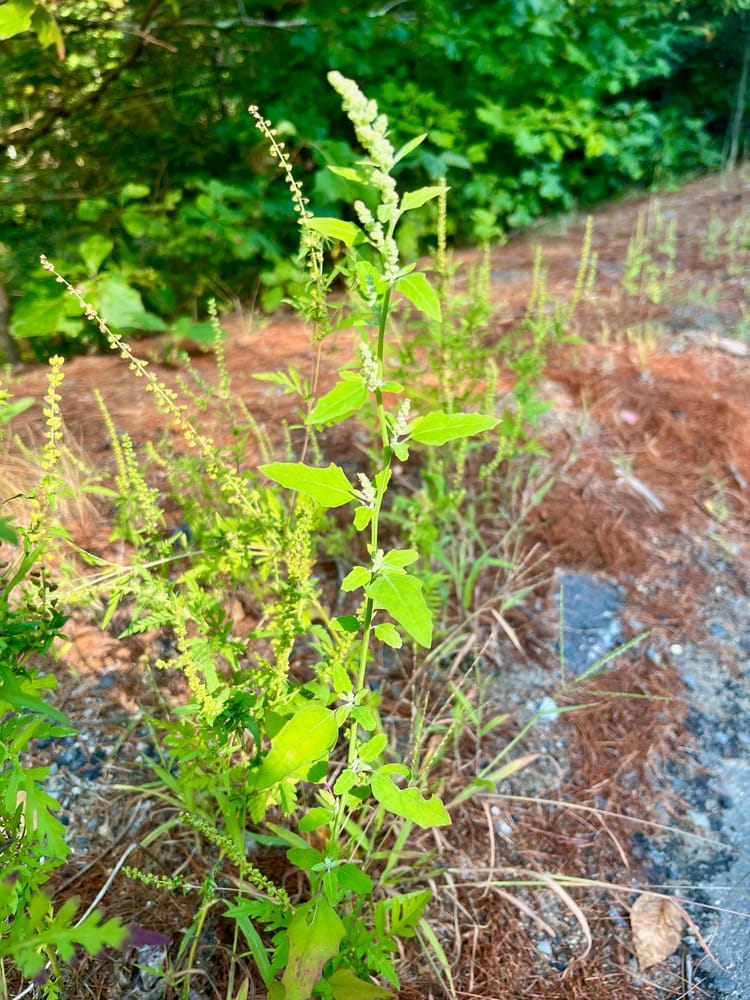
Member discussion